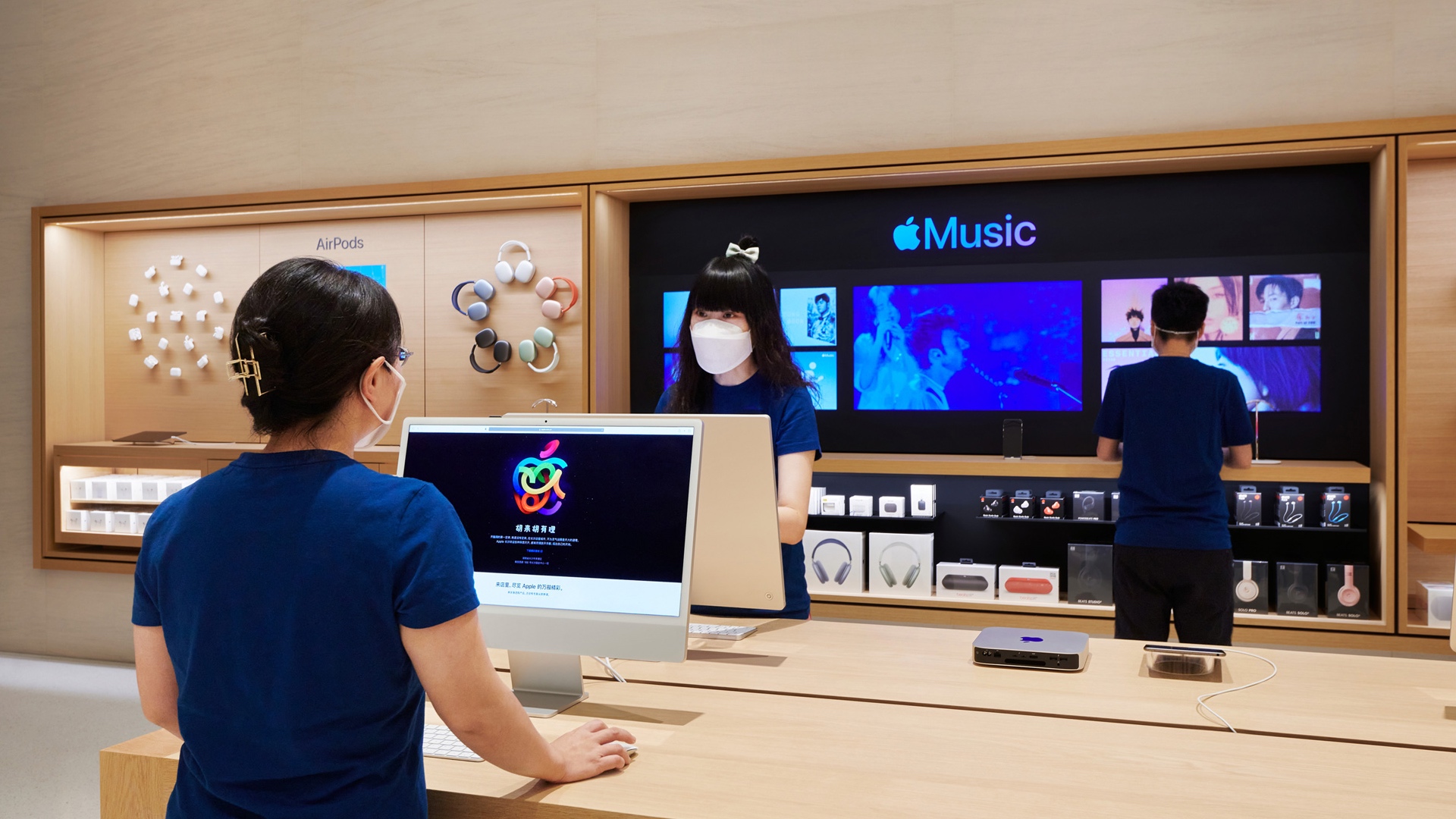Back in 2015, Chicago introduced a so-called “Netflix tax” to charge a 9% tax from streaming platform subscribers. In 2018, Apple filed a lawsuit against Chicago in an attempt to overturn this law, but the case was put on hold for two years. Now, Apple and Chicago have reached an agreement to settle the lawsuit.
As reported by the Hollywood Reporter, Judge Daniel Duffy of the Circuit Court of Cook County dismissed the case. However, the terms of the settlement weren’t disclosed. According to the report, the case could result in a legal precedent to let local governments set a tax for streaming services.
A tax for streaming services
The tax for streaming services in Chicago was actually a “reinterpretation” of a previous tax program that already established a city tax on tickets for recreational activities and concerts that are “delivered electronically.”
With this latest change, which came into effect in 2015, those living in Chicago also had to pay an extra fee for subscribing to platforms like Netflix and Spotify. Unsurprisingly, most companies have stood against this tax. A group of users of Netflix, Hulu, and Spotify even joined together to file a lawsuit against Chicago.
When Apple decided to sue Chicago a year before the introduction of Apple TV+, the company claimed that such tax violates free commerce and the federal Internet Tax Freedom Act, which prohibits jurisdictions that impose discriminatory taxes on multiple categories of e-commerce.
However, an appeals court concluded that the tax doesn’t violate the Internet Tax Freedom Act, rejecting the lawsuit’s arguments. Apple then argued that the tax for streaming services is unconstitutional, but even then the case was dismissed – although Apple chose not to dismiss its complaint.
The lawsuit could end up even worse

Just like Apple, Sony has also dropped its lawsuit against Chicago over the tax. Since previous rulings weren’t in favor of the companies, the lawsuits could result in a ruling that determines that the tax on streaming platforms is completely legal. This way, other governments could easily use the same argument.
According to Apple, the tax is “illegal.” The company claims that if it doesn’t collect the tax from its customers, it will be “liable for a tax that the City of Chicago has no power to impose or authority to enforce.”
FTC: We use income earning auto affiliate links. More.




